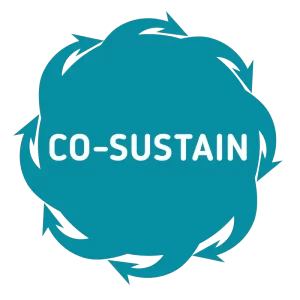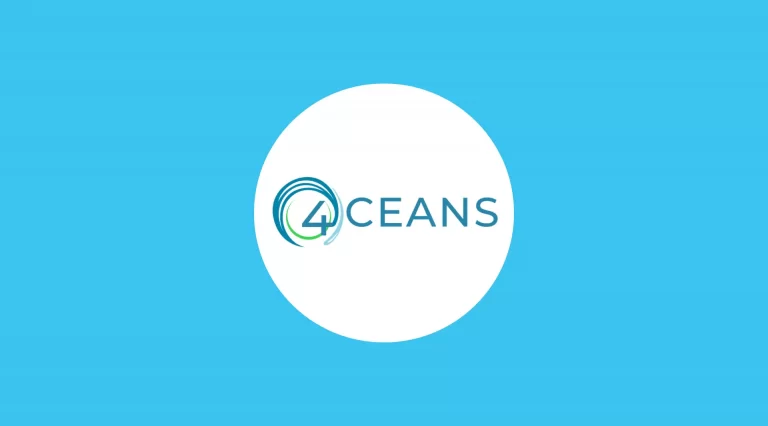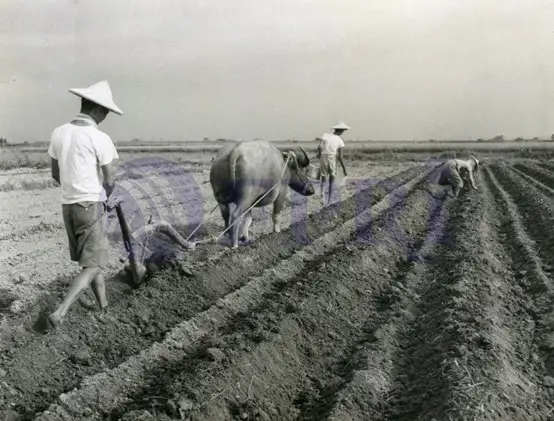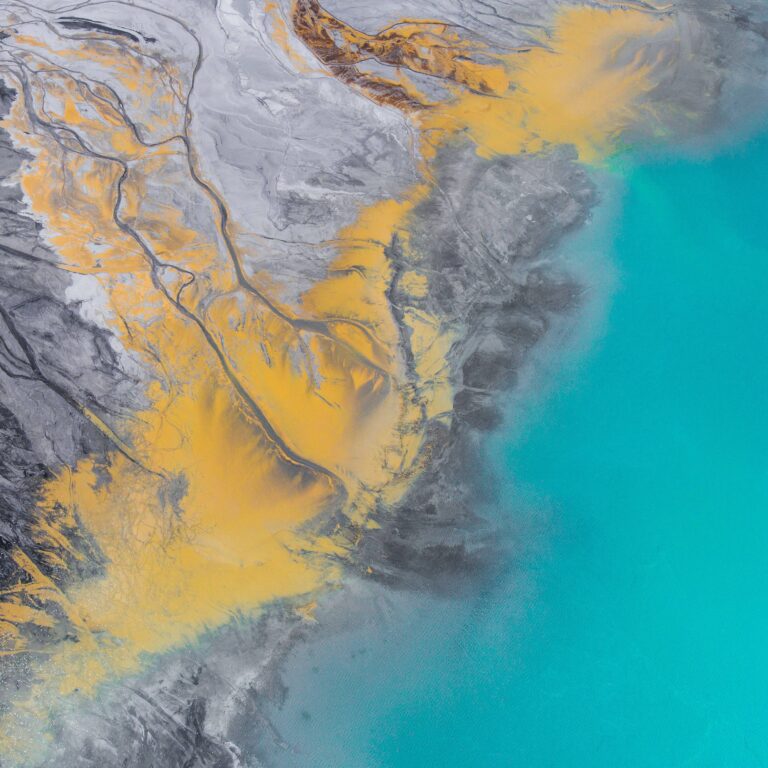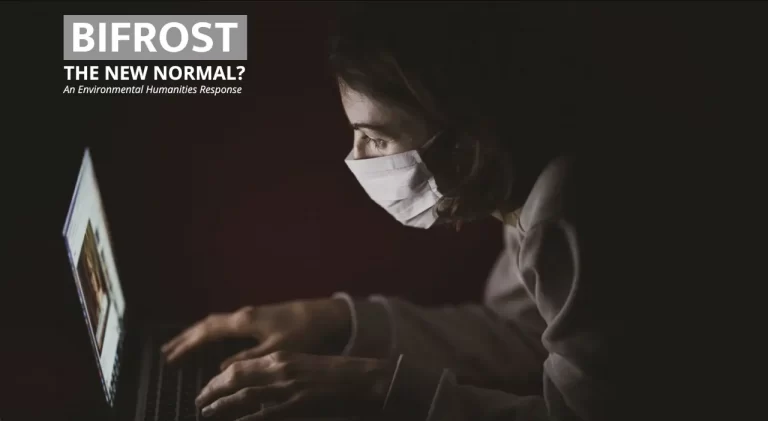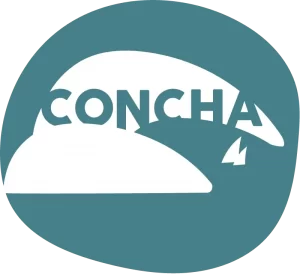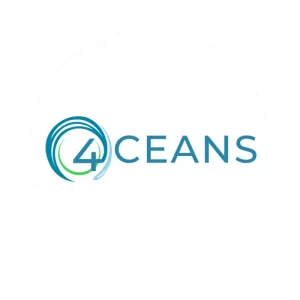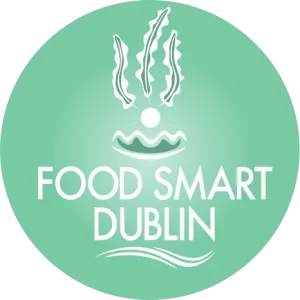Dr. Ludlow is Associate Professor of Medieval Environmental History, Trinity College Dublin (TCD), and co-founder of the Irish Environmental History Network (in 2009) and Trinity Centre for Environmental Humanities (in 2017). He is currently Principal Investigator of the IRC Laureate Award-funded project “Climates of Conflict in Ancient Babylonia” (2018-2022) and Co-PI of the U.S. National Science Foundation-funded project “Volcanism, Hydrology and Social Conflict: Lessons from Egypt & Mesopotamia” (2018-2022). He is Project Partner of the IRC COALESCE-funded project “Irish Droughts: Environmental and Cultural Memories of a Neglected Hazard” (2019-2021), and the Swiss National Science Foundation-funded project “Effects of Large Volcanic Eruptions on Climate and Societies” (2019-2023). He serves on the “Volcanic Impacts on Climate and Society” working group Steering Committee (2015-Present), and as a “Key Participant” (2018-Present) of the “Climate Reconstruction and Impacts from the Archives of Societies” working group (both PAGES-funded). He also serves (2019-Present) on the Editorial Advisory Board of a new monograph series on Pre-Modern environmental history, produced by Oxford University Press in association with the Princeton Climate Change and History Research Initiative.
Cristina Brito is an Assistant Professor at the History Department and the Head of CHAM – Center for the Humanities (2020-2022) both at NOVA FCSH (tje School of Social Sciences, Arts and the Humanities of NOVA University of Lisbon. She is currently the co-PI of the ERC Synergy Grant 4-OCEANS (2021-2027) and the PI of two EEA Grants Bilateral Funds Initiatives (Marine Lexicon and H-WHALE).
She is also a member of the Board of OPI – Oceans Past Initiative, and an active member of several international networks and research projects, within the thematic line of research (Environmental History and the Sea), such as the UNESCO Chair on Oceans’ Cultural Heritage and the H2020 RISE project CONCHA.
She holds a PhD in History – History of the Portuguese Discoveries and Expansion, NOVA FCSH, a Masters in Ethology from ISPA, and a Bachelor’s degree in Biology Applied to Animal Resources – Marine Resources, Faculty of Sciences of the University of Lisbon. Prior to her current positions, she has been awarded a Research Contract by the Portuguese FCT (IF/00610/2015) to investigate ‘Cow-fish, ngulu-maza or iguaragua? Local and Global Knowledge Production, Changing Perceptions and Practices on Marine Animals in the Atlantic, 1419–1758’ (2016-2019), and she has secured a grant for a short-term research mission at the John Carter Brown Library at Brown University (2018). Cristina Brito has an interdisciplinary, comparative and cross-cultural approach to her research. Her scientific interests include early modern marine environmental history, local and global perceptions and practices and uses of the seas, Atlantic and oceanic histories, humans and nonhumans relationships, and new perspectives on the environmental humanities, including interactions between science and the arts.
Dr. Cretella is a multidisciplinary scholar with a decade-long international research experience in Food Studies. She conducted food-related research in different academic and governmental institutions including the University of Amsterdam, Trinity College Dublin, Wageningen University and the Food and Agriculture Organization of the United Nations. Her academic focus revolves specifically around food governance – a topic she deepened by examining the emergence of food-related strategies, policies, ventures, social and cultural movements. She is particularly interested in exploring the dynamics of injustice around food and how these converts into the practice of everyday life. These dynamics include but are not limited to: the interplay between food and economic growth, food tourism, urban foodscapes and the cultural construction of food identities.
Ruth Brennan is the principal investigator on CO-SUSTAIN Collaborative Sustainable Innovation: co-designing governance approaches for a sustainable and innovative small-scale fishing industry in the Irish islands. She is a Marie Skłodowska-Curie Individual Fellow (2018-2020) in the Trinity Centre for Environmental Humanities at Trinity College Dublin where she works as a marine social scientist drawing from fields such as marine science (natural and social), environmental humanities, political ecology, law and anthropology. She specialises in ethnographies of small coastal communities and environmental governance at the arts-science-policy interface. Her work offers insights into different ways marine and coastal spaces are conceptualised by users, managers and human-environment interactions, how this relates to natural resource governance challenges and what it means for community engagement. Her research has been published in academic journals and her art-science work has been widely exhibited.
Dr. Scherer is an applied marine ecologist by training and the health of the marine environment and the human relationship with it is close to her heart and central to her work. A particular research interest Cordula pursued during her PhD studies and the first years of her research career was the structure and functioning of phytoplankton communities. The single-celled microscopic algae provide the foundation of the marine food supply for all other marine creatures. To this extend Cordula reconstructed plankton variability through time to investigate how this influenced historical fisheries for the ERC advanced grant NorFish project. For this task Dr Scherer joined the Trinity Centre for Environmental Humanities (TCEH) in Trinity College Dublin in May 2017 as a post-doctoral researcher.
Cordula always enjoyed working in a transdisciplinary environment, whether it was on research vessels with the crew or with policy makers on developing health indicators to assess the marine ecosystem. But the arts and humanities and the historical dimension that she experiences in the TCEH on a daily basis finally allow her to intertwin the humanities and natural sciences the way she always thought was necessary to make sense of the bigger picture.
Leading the Food Smart Dublin research project gave Cordula the chance to apply a trans-sectoral approach between academia, industry and the public to co-create knowledge flow with the aim to encourage a behavioural consumer shift amongst Dublin’s society from eating high trophic level fish such as tuna and salmon to lower trophic and more sustainable local seafood. Cordula’s research within this project involved unearthing historical recipes from archives and reconnecting Dublin’s society with their tangible and intangible coastal cultural heritage via interactive cooking workshops and sea shore foraging trips. The flagship of this project is a book on Irish seafood that Cordula and her co-worker wrote. It contains 12 of the most historical, traditional and sustainable recipes of local seafood accompanied by historical and ecological narratives of each species starring the recipe. This work demonstrates the essential and most needed coalescence of humanities and natural sciences.
Steven Hartman is Visiting Professor in the Faculty of History and Philosophy at University of Iceland. He leads the Circumpolar Observatory group in the Humanities for the Environment (HfE) global observatory network and from 2021 is Executive Director of the BRIDGES Sustainability Science Coalition in UNESCO’s Management of Social Transformations Programme (MOST).
Hartman’s academic specialties are diverse, including literary reception studies, cultural and environmental history, literary translation, science communication, creative writing and integrated environmental humanities. His work addresses environmental memory, integration of the humanities in global change research, and collaboration among social and human scientists, artists, education specialists and civil society in efforts to meet sustainability challenges of the present and foreseeable future. Transdisciplinary approaches to convergent knowledge production–aimed at engaging diverse communities of interest, knowledge and practice, both within and outside academia–unify many of these projects. Also unifying this body of work is an underlying ambition to better understand and articulate how co-productive processes of learning, research and societal action, promoting responsible environmental change and wise practices of stewardship, both feed into and derive amplified strength from new communities of purpose, as agents of sustainable social-ecological transformation.
Steven Hartman has led/co-led numerous projects funded by the Swedish Research Council, The Swedish Foundation for Humanities and Social Sciences and NordForsk (the joint research foundation of the Nordic Council of Ministers). For more than a decade he coordinated the Nordic Network for Interdisciplinary Environmental Studies (NIES). Recent international projects led/co-led include Bifrost and the transdisciplinary research investigation Reflections of Change: The Natural World in Literary and Historical Sources from Iceland ca. AD 800 to 1800 (ICECHANGE). He currently participates in international projects funded by the U.S. National Science Foundation, the Belmont Forum and the EEA and Norway fund. He is a member of the Scientific Steering committee of the Integrated History and Future of People on Earth (IHOPE) and serves as co-chair of the advisory board of the Human Ecodynamics Research Center (CUNY Graduate Center, City University of New York).
Lars Kirdan is Director of Business Development at the SAS Institute A/S, and Co-facilitator of the European Observatory forums and workshops.
Jo D’Arcy has worked at the Trinity Centre for Environmental Humanities since 2009 as Research Project Coordinator and Centre Manager.
As Project Coordinator Jo has helped manage a number of research awards at TCEH including 4-Oceans, NorFish (European Research Council), Oceans Past Platform (European Cooperation in Science and Technology) and Food Smart Dublin (Irish Research Council). Jo manages the implementation of each of the projects and the timely reporting and delivery of all project commitments.
Charles Travis (Ph.D., Trinity College Dublin, 2006) is an Assistant Professor of Geography and GIS with the Department of History at the University of Texas, Arlington. With research interests in literary, cultural, historical geography, GIS, the digital, environmental humanities and geo-ethics, Charles is editorial board member of the journal Literary Geographies and the Springer Press Historical Geography & Geosciences Series.
His book publications include:
–Historical Geography, GIScience and Textual Analysis (Springer Press: 2020)
–The STEAM Revolution: Transdisciplinary Approaches to Science, Technology, Engineering, Arts, Humanities and Mathematics (Springer Press: 2018)
–The Digital Arts and Humanities: Neogeography, Social Media and Big Data Integrations and Applications (Springer Press: 2016)
–Abstract Machine: Humanities GIS (Esri Press: 2015)
–History and GIS: Epistemologies, Reflections and Considerations (Springer Press: 2012)
–Literary Landscapes: Geographies of Irish Stories, 1929-1946 (2009).
Charles’ work also appears in peer-review publications including Quaternary Research, Global and Planetary Change, International Journal of Humanities and Arts Computing, Annals of the Association of American Geographers, International Journal of Geographical Information Science, Historical Geography and other peer-reviewed publications and book chapters.
Poul Holm (https://www.tcd.ie/tceh/people/HOLMP) is President of the Humanities for the Environment. His day job is as a Professor of Environmental History at Trinity College Dublin, Ireland. Poul is a pioneer of global marine environmental history. In the past two decades he has been at the forefront of developing modes of inquiry into human exploitation of the sea and understanding the impact of human extractions for the marine environment. He directed the History of Marine Animal Populations project (2000-2010) with 15 teams and more than 100 researchers (historians, archaeologists, marine scientists) and established baselines for historical fisheries of main commercial species and in major habitats. In 2015-2021, he led a European Research Council Advanced Grant, NorFish, which pioneered Big Data analytics, DeepChart Mapping, and historical ocean productivity modelling on the basis of multinational, multi-archival research. In 2021-2027 he leads an ERC Synergy project 4-OCEANS on the global history of humans and marine life through the last two millennia.
Poul has a keen eye for the relevance today of the past, and likes to explore new fields, often in interdisciplinary contexts. He co-authored the Humanities World Report in 2015 which is a global review of the state of the humanities and emerging research fields. Poul co-chaired the SAPEA (Science Advice for Policy by European Academies) report titled Food From the Oceans which examines the question of how the ocean can help satisfy the global demand for food. https://www.sapea.info/sapea-provides-evidence-for-the-european-commission-on-food-from-the-oceans/
Poul is Vice President (ex officio) of Academia Europaea and Chair of the Humanities Class.
